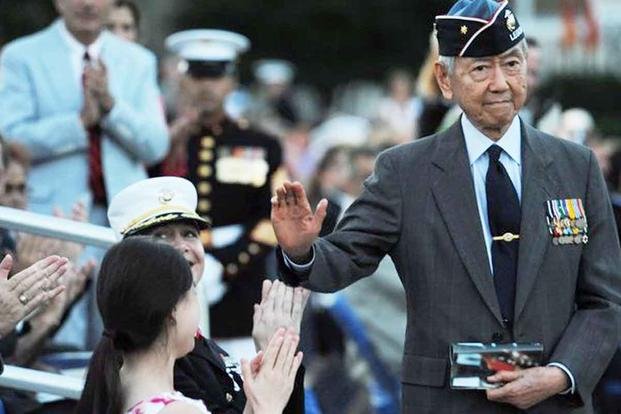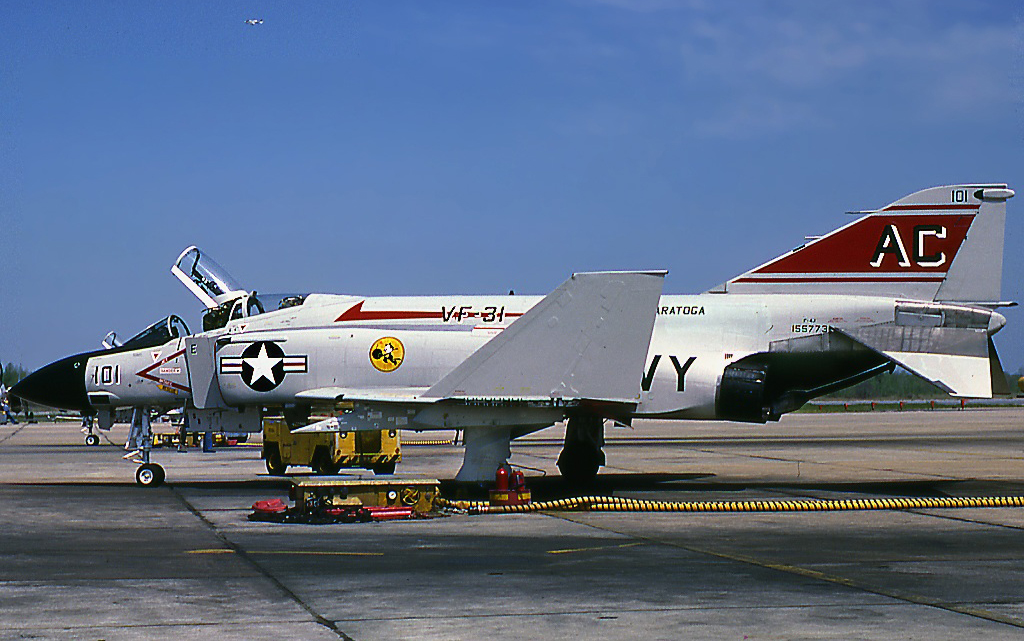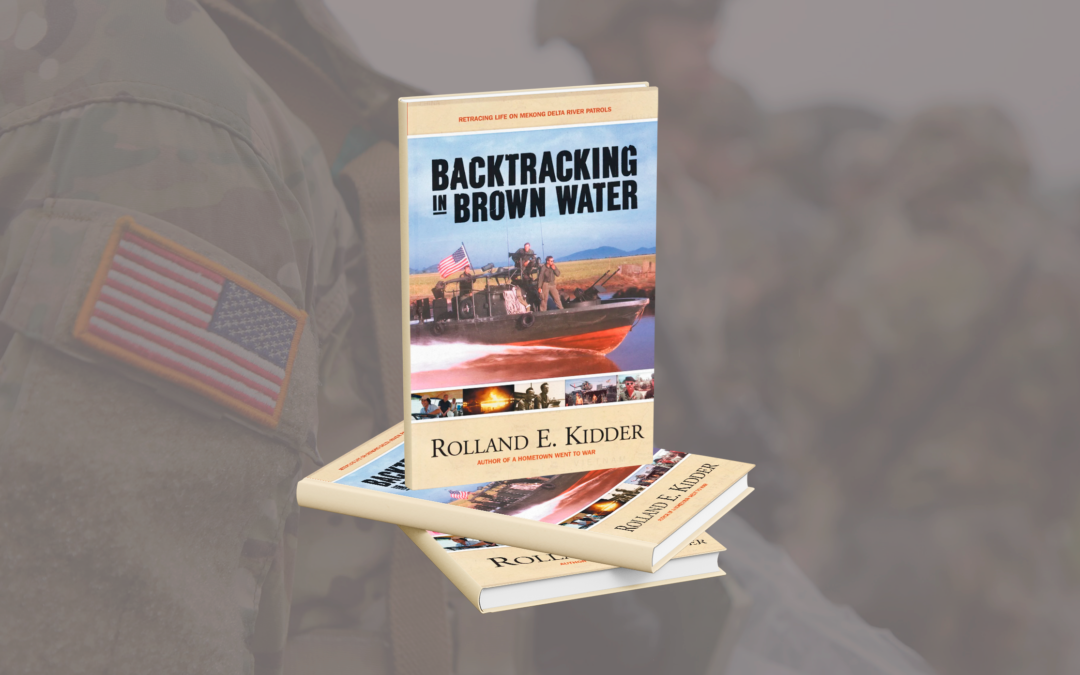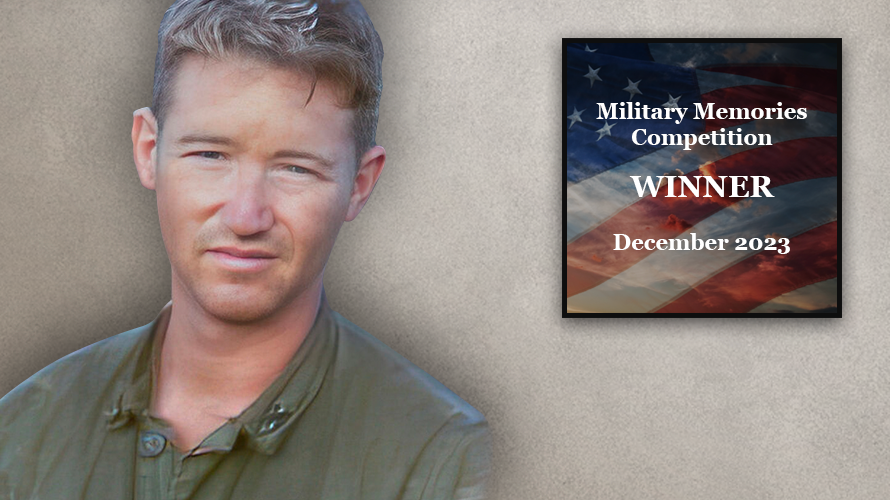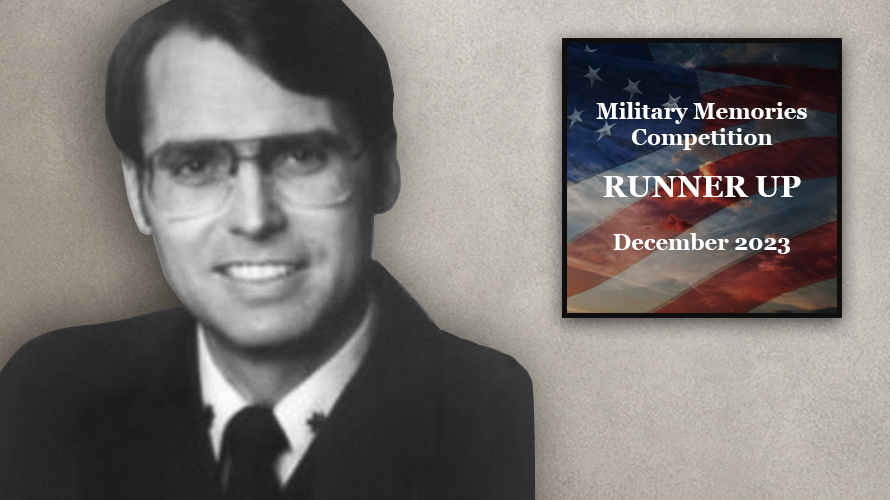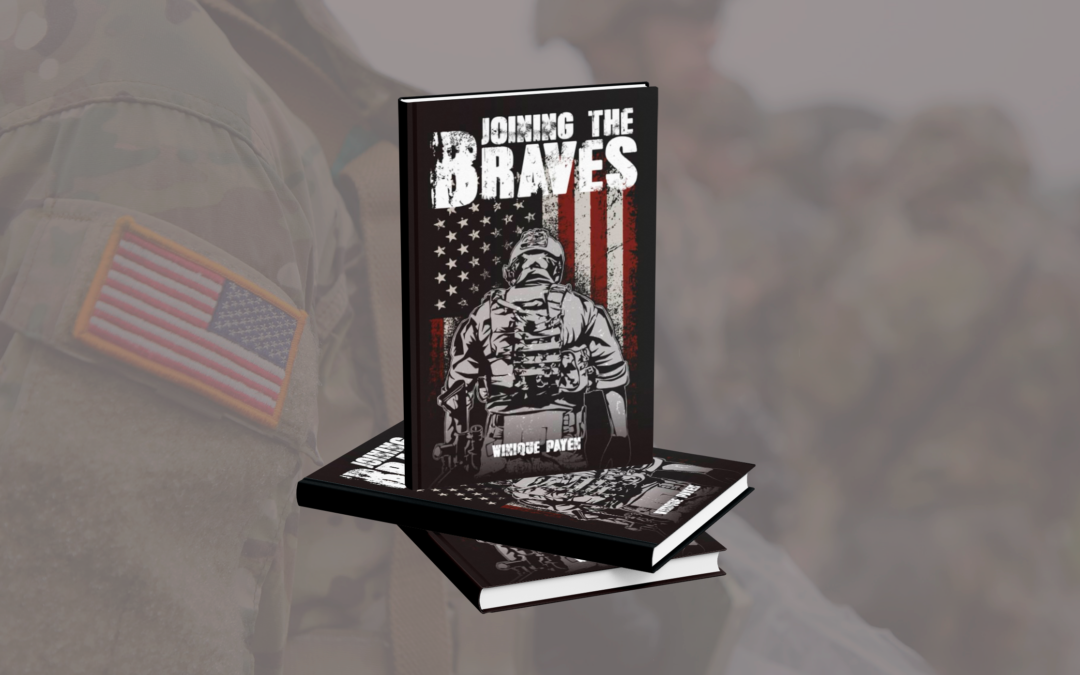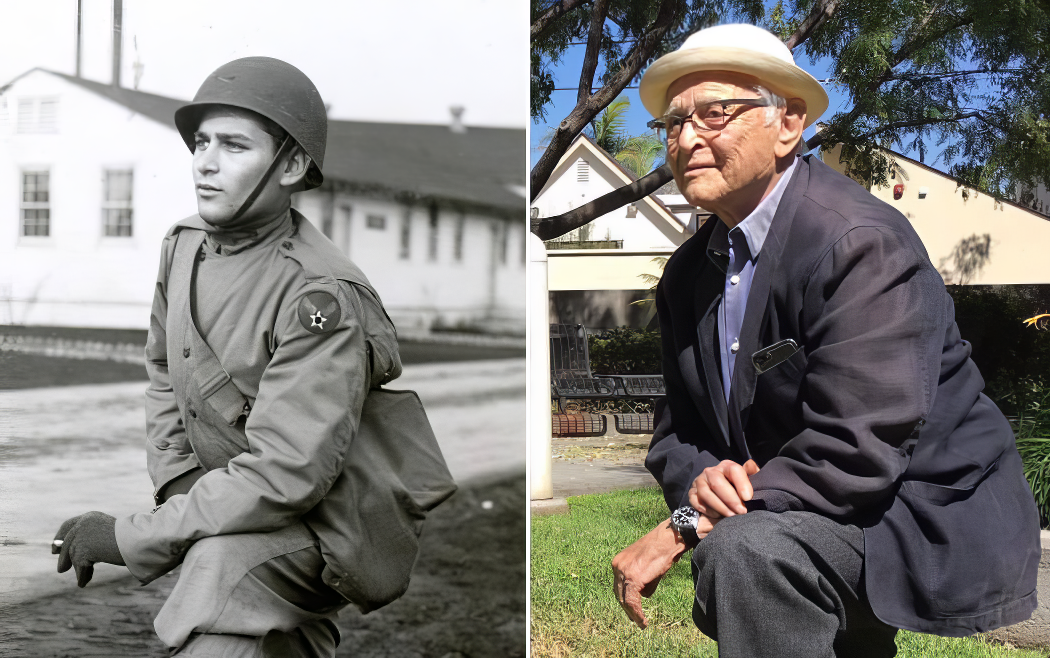Kurt Chew-Een Lee is believed to have been the first Asian-American officer in the Marine Corps, rising through the ranks beginning his career from World War II to the Vietnam War. Lee was born in 1926 in San Francisco and grew up in Sacramento, California. Lee's father was M. Young Lee, born in Guangzhou (Canton), emigrating in the 1920s to the Territory of Hawaii and then California. Once established in America, M. Young Lee returned to China to honor an arranged marriage. He brought his bride to California and worked as a distributor of fruits and vegetables to hotels and restaurants. Two of his brothers, Chew-Fan and Chew-Mon, became Army officers who also served in the Korean War. Chew-Mon received the Distinguished Service Cross and Chew-Fan the Bronze Star. Kurt Chew-Een Lee Joined the U.S. Marine Corps in 1944 Eager to fight in World War II, Kurt Chew-Een Lee joined the U.S. Marine Corps in 1944. Instead, he was based at the Marine Corps Recruit Depot in San Diego as a...
